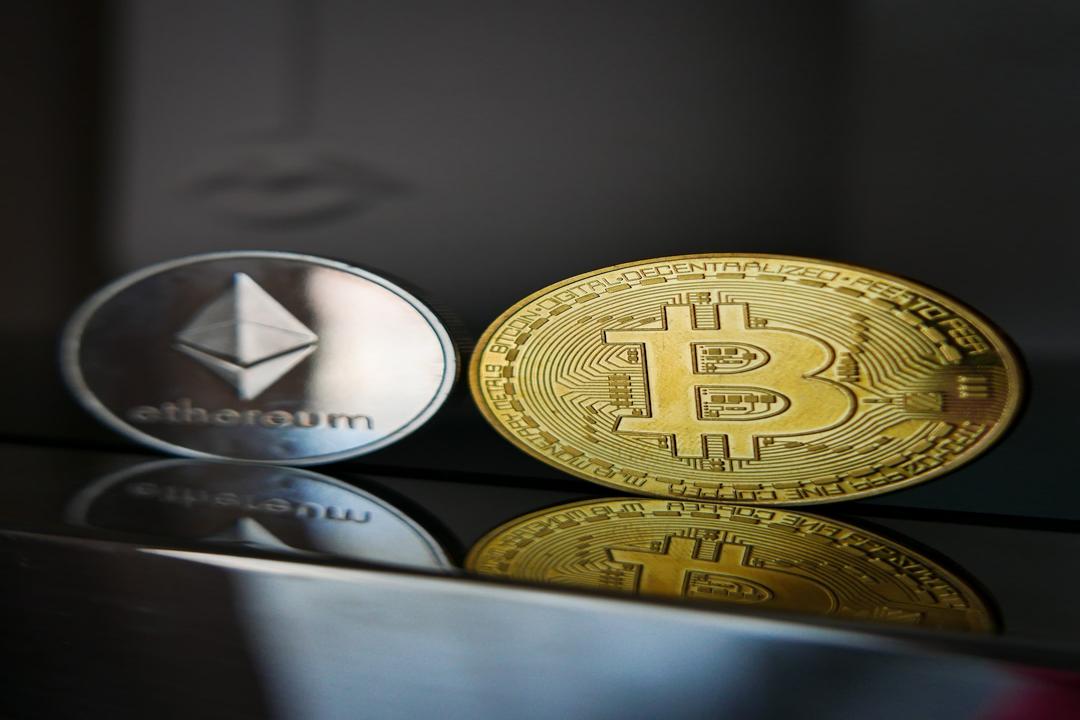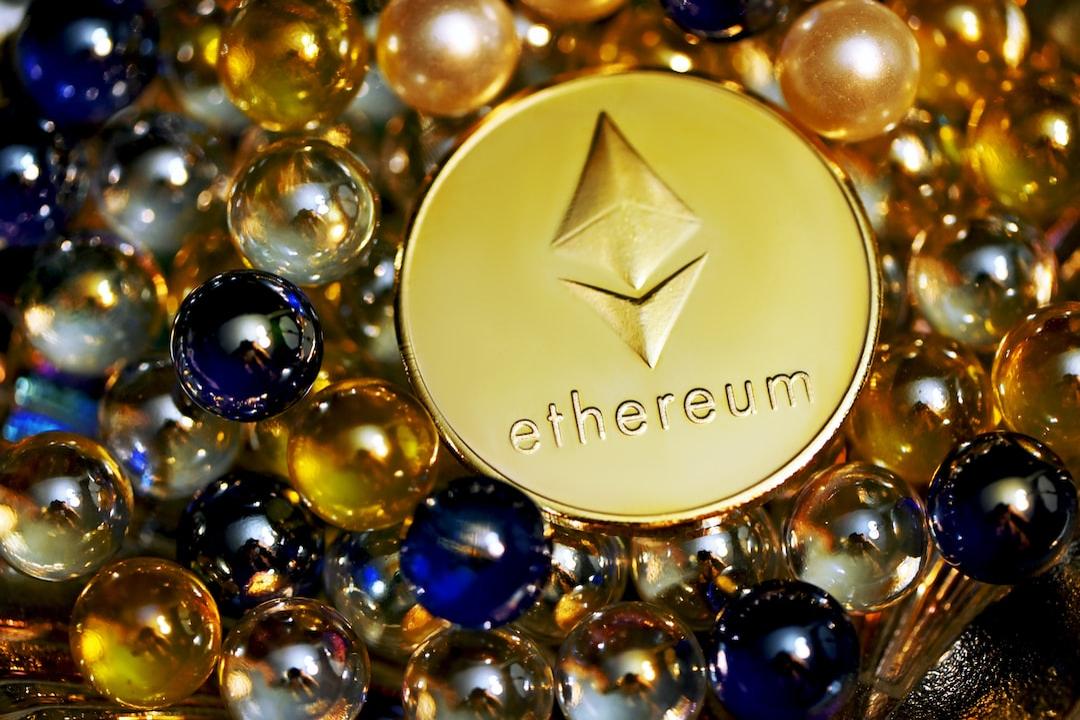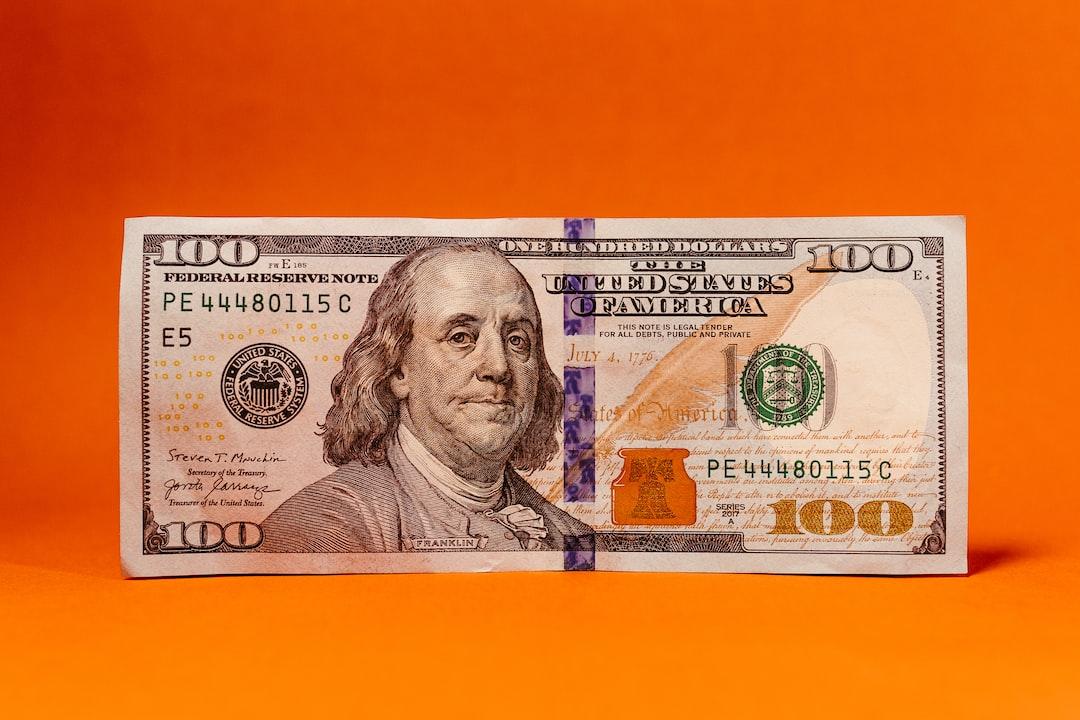South Korea’s Central Bank Takes Cautious Stance on Bitcoin as Foreign Exchange Reserves
South Korea’s central bank (Bank of Korea, BOK) has recently expressed a cautious attitude towards the inclusion of Bitcoin as part of its foreign exchange reserves, citing volatility and liquidity issues that hinder its compliance with national reserve standards.
(Background: South Korea plans to release guidelines on “Corporate Investment in Cryptocurrency” in Q3; Will Samsung, LG, etc. join the Bitcoin reserve trend?)
(Context: Trend Insight: South Korea and Japan are actively positioning themselves in Bitcoin! Should the Taiwanese government and private sector follow suit?)
Discussion on Bitcoin’s Inclusion in National Reserves Grows
The topic of incorporating Bitcoin into national reserves has sparked global discussions under the leadership of Donald Trump. However, the BOK has clearly stated that it has “not yet discussed or reviewed” this possibility and believes that a cautious evaluation is necessary.
Despite calls from the market and some political figures for the government to follow the United States’ lead, the BOK maintains that Bitcoin’s volatility and liquidity issues make it difficult to serve as a national reserve asset.
BOK’s Conservative Stance: Excessive Bitcoin Volatility
Recently, Cha Gyu-geun, a member of the South Korean National Assembly’s Planning and Finance Committee, submitted a written inquiry to the BOK regarding plans to incorporate Bitcoin into foreign exchange reserves. In response, the BOK officially stated on March 16:
“We have not discussed or reviewed the inclusion of Bitcoin in foreign exchange reserves and believe that a cautious assessment is required.”
The central bank further explained that the core consideration lies in Bitcoin’s price volatility and liquidity issues:
“Bitcoin’s price is highly volatile; if the market is unstable, the cost of liquidation may rise significantly.”
Recently, Bitcoin’s price has experienced extreme fluctuations. According to CoinGecko data, the price of Bitcoin oscillated between $97,500 and $77,000 over the past 30 days, falling approximately 15% from its peak on February 16, and currently stands at around $83,500.

International Trends: U.S. Promotes Bitcoin Reserves, While South Korea Remains Cautious
As Bitcoin breaks its historical highs, governments around the world are beginning to contemplate the strategic value of cryptocurrencies. Earlier this month, U.S. President Trump signed an executive order announcing the establishment of Bitcoin reserves, causing market shockwaves.
In South Korea, some political figures and industry groups argue that the government should consider the potential of Bitcoin. During a seminar on March 6, cryptocurrency lobbying groups and some members of the Democratic Party of Korea urged the government not only to include Bitcoin in national reserves but also to promote a stablecoin pegged to the Korean won (KRW).
However, the BOK has clearly stated that Bitcoin does not meet its foreign exchange reserve standards, stating:
“Foreign exchange reserves must have high liquidity, be readily available, and possess an investment-grade credit rating or higher. Currently, Bitcoin does not meet these conditions.”
Expert Opinions: Foreign Exchange Reserves Should Match Trade Currencies
Regarding whether Bitcoin should enter national reserves, academic voices differ. Yang Jun-seok, an economics professor at Catholic University of Korea, believes:
“Foreign exchange reserves should match the currency proportions of major trading partner countries; this is a more robust strategy.”
On the other hand, Kang Tae-soo, a professor at KAIST’s Financial Research Institute, pointed out:
“The U.S. may be more inclined to use stablecoins to maintain the dollar’s hegemony, and whether the International Monetary Fund (IMF) will recognize stablecoins as foreign exchange reserves in the future will be a key variable influencing decisions by various countries.”
South Korean Regulators Monitor Japan’s ETF Policies
Although the BOK takes a cautious stance on Bitcoin as a reserve asset, policies related to cryptocurrencies may still undergo changes. Recently, South Korean financial regulators have begun to pay attention to the Japan Financial Services Agency’s (FSA) regulatory trends regarding cryptocurrencies, studying whether to lift the ban on cryptocurrency exchange-traded funds (ETFs).
Japan has recently made adjustments to its regulatory framework; if South Korea references its model, we may see more cryptocurrency financial products legalized in the South Korean market in the future.

Related Reports
South Korea plans to release guidelines on “Corporate Investment in Cryptocurrency” in Q3; Will Samsung, LG, etc. join the Bitcoin reserve trend?
Trend Insight: South Korea and Japan are actively positioning themselves in Bitcoin! Should the Taiwanese government and private sector follow suit?
South Korea to advance in three phases towards allowing corporations to open virtual asset accounts, accelerating stablecoin regulatory legislation.


